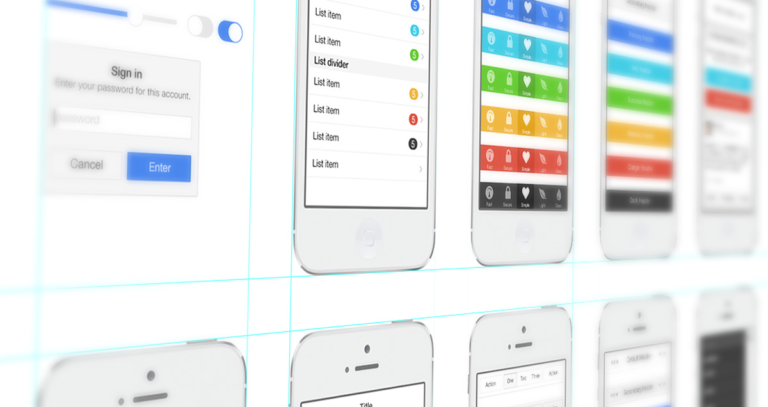In a recent post we examined the main differences between a native approach to developing mobile applications and a hybrid approach. Still a little confused about the clear differences between native and hybrid apps
Obviously there are advantages and disadvantages in choosing the native or hybrid solution, to learn more we refer you to our article, however, simplifying as much as possible, native apps are faster and more performing while hybrid apps are faster… to create (and maintain).
How to choose a hybrid app development platform
Choosing the best platform to develop a hybrid app depends on many factors, including
- Features and functionality
- Development team
- Budget
- Development times
- Flexibility and expandability
- Target platforms
- Let us summarize the points above.
Features and functionality
As we have seen, native apps have some performance advantages that become crucial if the app requires some specific functionality, such as games, animations, multimedia, memory usage, 3D, etc. For most of the information type apps (news, social, ecommerce, etc) hybrid apps have performances comparable to the native ones.
Development team
To create an app you need to deal with the Development Team. Skills, experience, trust, synergy, costs and other factors can lean towards one developer rather than another and obviously each development team brings its own tools and skills with it. Therefore the choice of a technology involves the definition of a suitable supplier and vice versa.
Budget
Development costs can multiply if you choose the path of developing native applications, as opposed to the cross-platform hybrid solution. Therefore it is necessary to understand if the cost benefit ratio offered by the native solution, in terms of performance but also of stability and flexibility, justifies the choice of proceeding with the native solution.
Development times
Developing applications in native language (which is Object-C, Swift, Java, etc.) involves longer development times as it is necessary to develop and maintain two different source codes. Therefore, cost and time are two key factors to consider when choosing mobile application development technology.
Flexibility and expandability
Native applications certainly offer more flexibility and expandability as they do not pass through third-party frameworks. Before making a choice, it is necessary to analyze the app development cycle well which features are needed at the beginning and which features can be integrated in the future. What types of interfaces are needed What kind of integrations with third party platforms Is it possible to imagine how our app will become in the future, considering that technologies (devices, operating systems, etc) are constantly evolving
Target platforms
Obviously, if you choose to publish a mobile app on different platforms, the costs of the native solution multiply. Therefore it is necessary to understand which are the target worlds, devices and users of our application.
